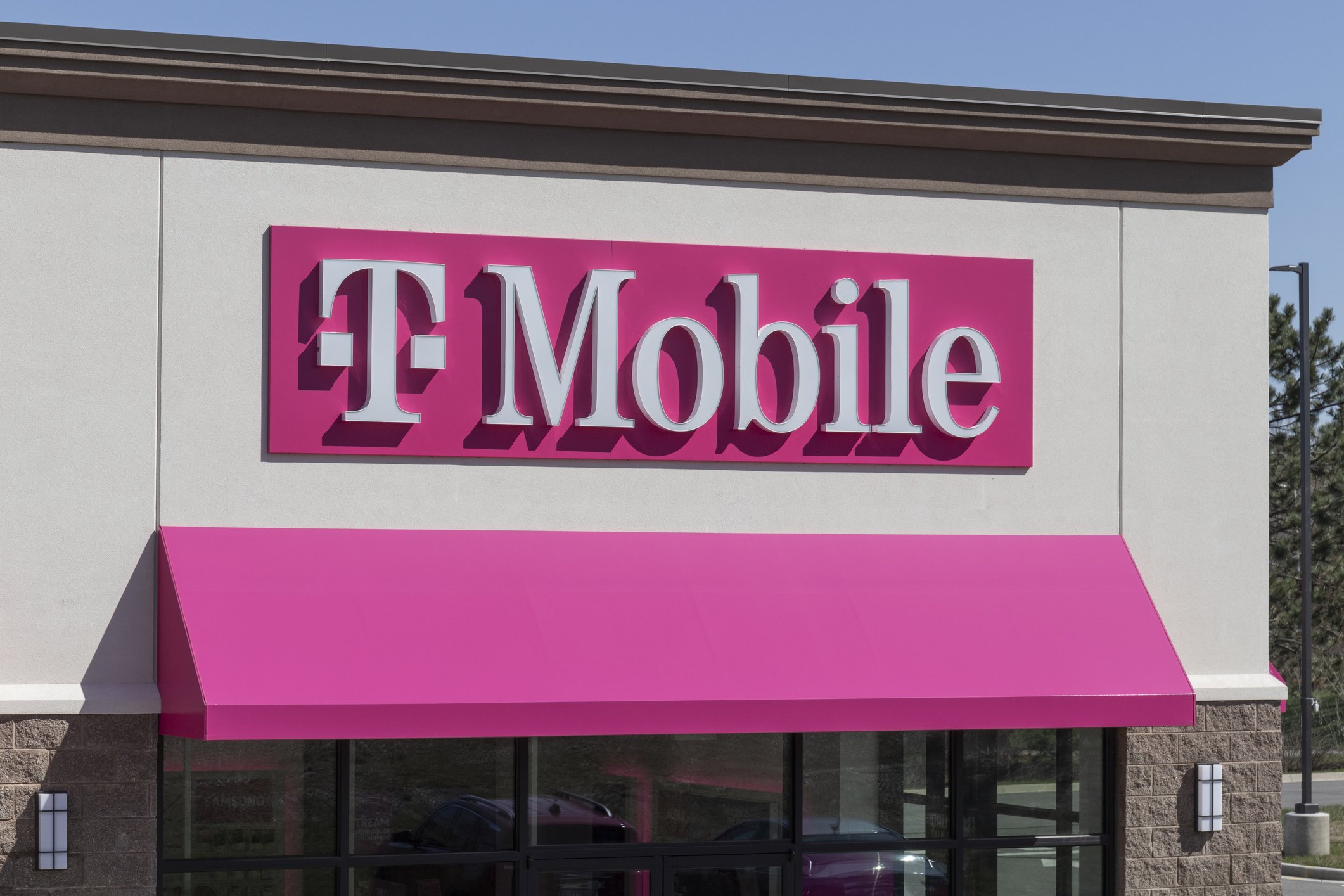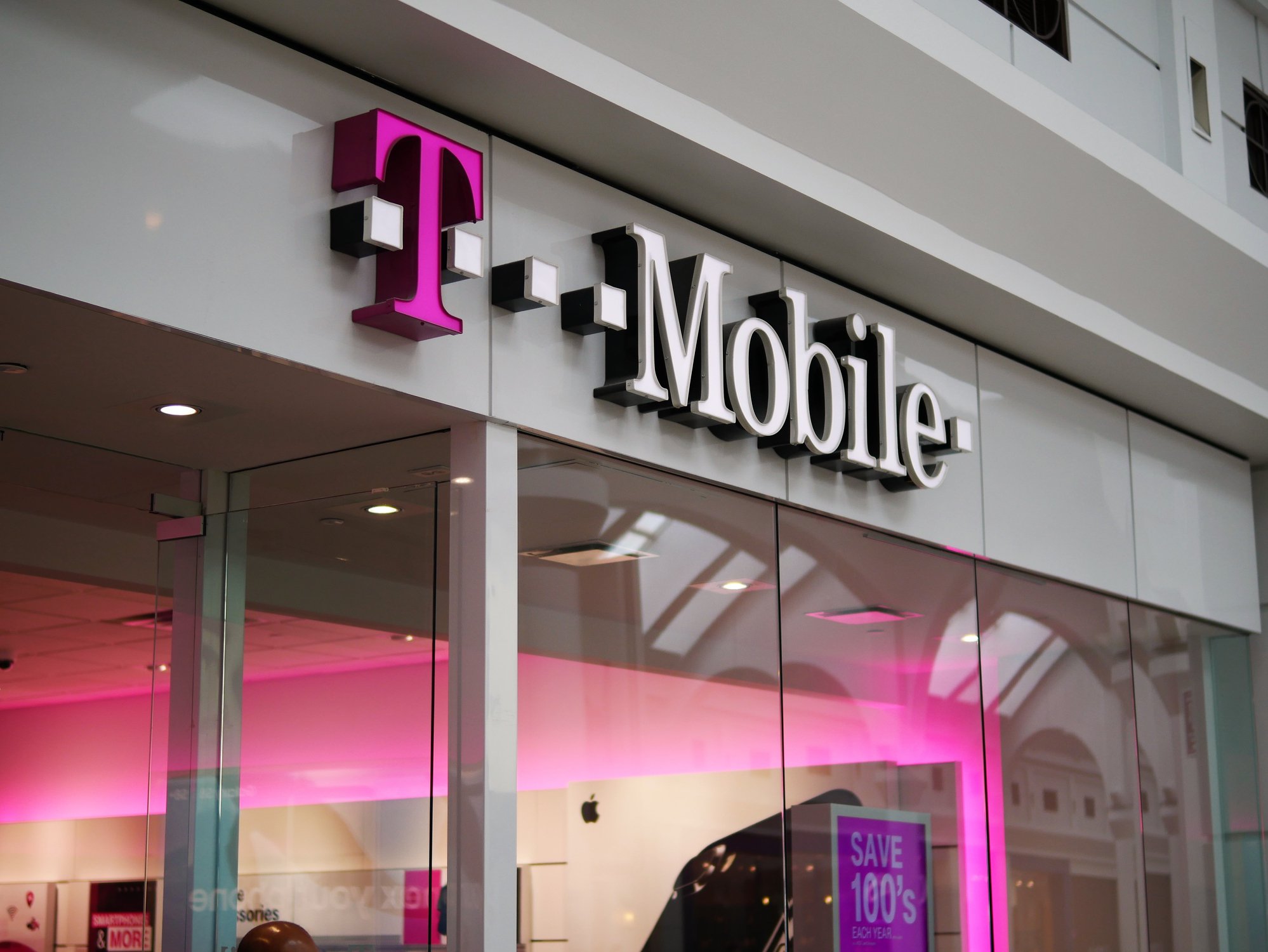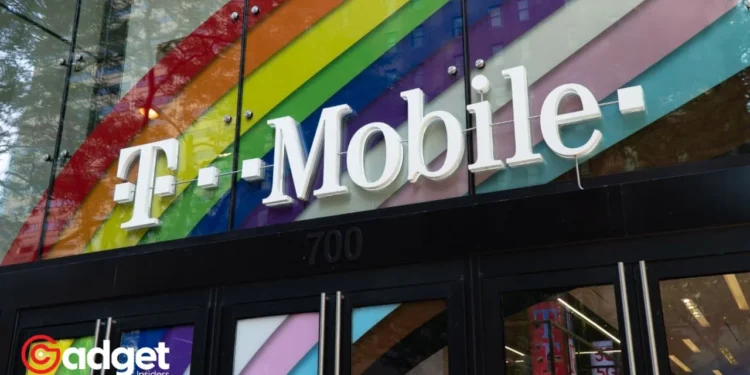In a move that’s stirring up the telecommunications sector, T-Mobile is poised to auction off a valuable slice of the 800MHz spectrum—an event triggered by Dish Network’s inability to secure the funds necessary for purchase. This unfolding drama not only highlights the fluid dynamics within the industry but also underscores the financial predicament facing Dish Network, a situation that has broader implications for competition and innovation in the telecommunications space.

The Catalyst Behind T-Mobile’s Auction Decision
The narrative took a pivotal turn back in October when T-Mobile, in a gesture of partnership, agreed to extend Dish Network’s option to purchase the spectrum until April 1, 2024, for a sum of $100 million. This extension, however, will not culminate in a transaction, as Dish has openly admitted to the SEC its intention not to exercise the $3.59 billion option for 13.5MHz of the low-band spectrum.
This development leaves Dish $100 million lighter and without the anticipated spectrum assets, a scenario that the telecom giant CFO Peter Osvaldik candidly summarized: “We haven’t commenced that auction yet, but should they choose not to exercise it, that’ll be the next step for us.”
This strategic shift is not merely a fallback plan for the telecom company but a necessity enforced by regulatory commitments. The terms laid out during T-Mobile’s acquisition of Sprint explicitly restrict the sale of these airwaves to any national facilities-based mobile wireless network operator without governmental approval.
The forthcoming auction will be made more complicated by the inclusion of this condition, which will restrict the number of potential bidders while also allowing unorthodox players to participate.

Who’s in the Running for the Spectrum?
The imminent auction, expected to be orchestrated by T-Mobile—a role traditionally held by the FCC—opens a speculative debate on who the potential bidders could be. Industry giants like AT&T and Verizon are naturally interested, given the spectrum’s proximity to their existing assets.
However, regulatory constraints necessitate a broader search for bidders beyond the usual suspects. Enterprises such as Burns & McDonnell Engineering Company and Anterix emerge as intriguing contenders, with the former eyeing the spectrum to bolster wireless services for electric utilities and the latter, founded by Nextel pioneers, aiming to provide private LTE wireless services.
This diversification of interest underscores the spectrum’s value beyond conventional mobile communications, hinting at the transformative potential of 800MHz in supporting infrastructure and utility services.
US FCC approved most of T-Mobile's 2.5GHz spectrum auction winnings, though it will require the company to divest some of its spectrum in Hawaii.https://t.co/BqmvCeBCIm
— Shehzad Younis شہزاد یونس (@shehzadyounis) February 29, 2024
The Bigger Picture: Market Implications and Future Directions
The telecom company’s decision to auction the spectrum, prompted by Dish’s fiscal challenges, is more than a transaction—it’s a reflection of the evolving landscape of the telecommunications industry. As companies navigate financial constraints, regulatory hurdles, and strategic pivots, the allocation of such resources becomes a critical determinant of competitive advantage and sector innovation.

For Dish Network, this episode is a stark reminder of the financial discipline required in the high-stakes telecom arena. For the telecom company and prospective bidders, it’s an opportunity to reshape strategies and possibly redefine how spectrum resources bolster operational capabilities and service offerings.
As the auction date approaches, all eyes will be on T-Mobile, not just as a seller but as a strategic player influencing the future direction of telecommunications in the United States.
The outcome of this auction will likely reverberate through the industry, setting precedents for how spectrum assets are valued, acquired, and utilized in an increasingly interconnected and digitized world










